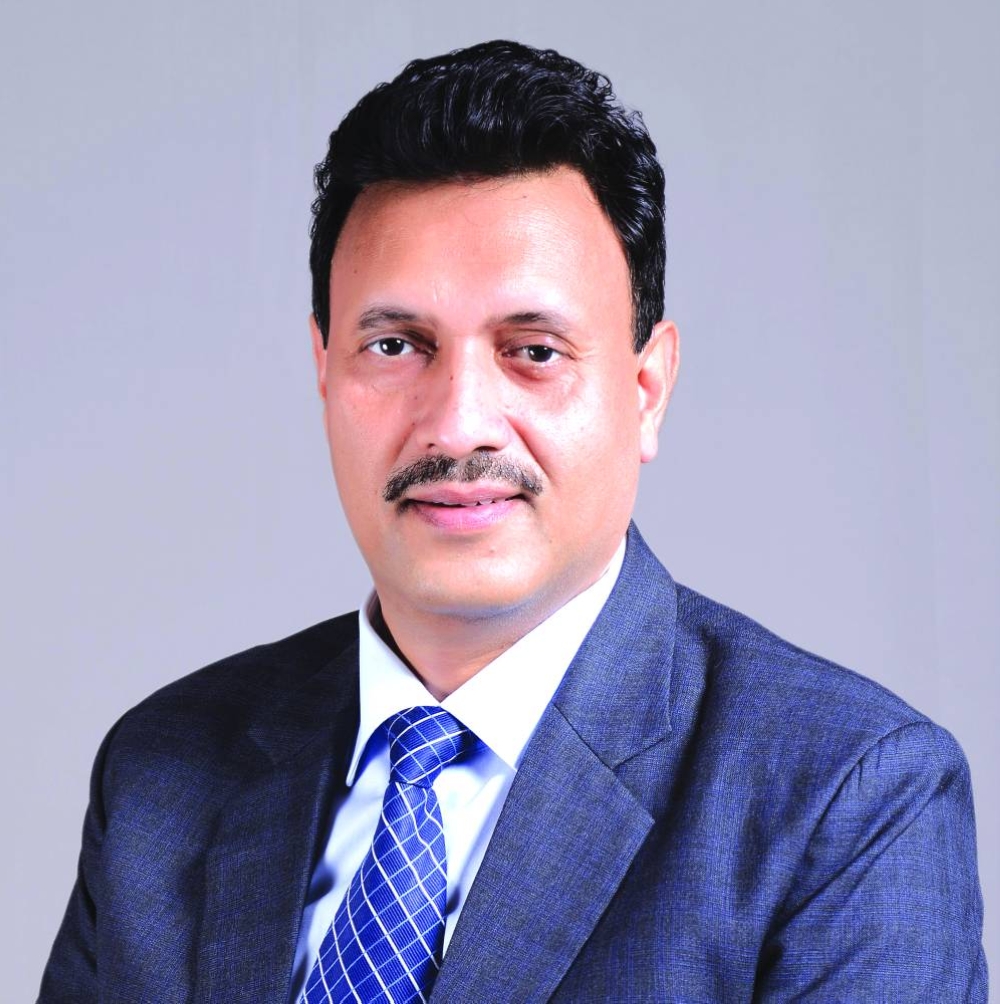As technology advances rapidly, the finance and accounting sectors stand at a crucial crossroads. This article explores how integrating cutting-edge technologies and conventional methods shapes the future of finance and accounting and how professionals in these domains can adapt and thrive in this ever-changing landscape.
The advent of fintech - a game-changer: The advent of fintech has brought about a revolutionary transformation in the finance and accounting industries. With the emergence of mobile banking, e-payments, and automated wealth management platforms, fintech has disrupted traditional banking practices and ushered in a new era of financial services. The profound impact of fintech on finance and accounting highlights its increased efficiency, cost-effectiveness, and improved customer experiences. The convenience and accessibility of fintech solutions have reshaped the way people manage their finances and conduct transactions, providing unparalleled comfort and ease of use. Moreover, by streamlining processes and automating tasks, fintech has empowered financial institutions to optimise their operations and allocate resources more strategically.
The power of artificial intelligence and machine learning: The power of artificial intelligence (AI) and machine learning (ML) has reshaped finance and accounting by automating tasks, analysing data, and enhancing decision-making processes. AI and ML have effectively tackled repetitive tasks, reduced human errors and improved efficiency. These technologies have also revolutionized risk management by predicting potential risks based on historical data, enabling proactive measures. Additionally, they have unlocked valuable insights from vast datasets, offering a data-driven approach to strategic planning and investment decisions. However, implementing AI and ML in finance and accounting has challenges like data privacy and cybersecurity concerns.
Blockchain's Disruptive Potential in Finance and Accounting: Blockchain technology holds immense potential to revolutionize financial transactions and record-keeping. Its decentralized and transparent nature provides enhanced security, as each transaction is cryptographically linked and tamper resistant. The transparency of blockchain ensures a traceable and immutable ledger, reducing the risk of fraud and errors. Moreover, blockchain enables the implementation of smart contracts, which are self-executing agreements with predefined rules. These contracts automate processes, reducing the need for intermediaries and enhancing efficiency.
Additionally, blockchain facilitates the tokenisation of assets, converting physical or financial assets into digital tokens that can be easily traded and fractionalised. This unlocks liquidity for traditionally illiquid assets, creating new investment opportunities.
The human touch: In the era of technological advancements, it is crucial to recognise that while technology has made remarkable strides, it cannot entirely replace the value of human expertise and intuition. It is imperative to highlight the significance of balancing technology-driven processes and human judgment in essential financial decisions and accounting practices.
While AI, ML, and blockchain have streamlined tasks and provided data-driven insights, human professionals possess the ability to interpret complex information, exercise critical thinking, and consider the broader context of financial situations. Their emotional intelligence and creativity are assets in handling unique and unforeseen scenarios, fostering strong client relationships, and making ethical judgments. Striking this balance ensures that technology complements human skills, leading to more effective and well-rounded outcomes in the finance and accounting domains.
Cybersecurity challenges and risk mitigation: As the finance and accounting sectors become more reliant on technology, the risk of cyber-attacks and data breaches has escalated significantly. There are cybersecurity challenges that financial institutions and accounting firms encounter and explore best practices for safeguarding sensitive financial information. The rising sophistication of cyber threats poses a substantial risk to the integrity of financial data, customer privacy, and overall trust in the industry. Organisations need to implement robust measures for cybersecurity to mitigate these risks, such as encryption, multi-factor authentication, regular security audits, and employee training. Proactive threat monitoring and incident response plans are also vital to detect and address potential breaches swiftly.
The changing role of finance and accounting professionals: As technology continues to reshape the finance and accounting landscape, the roles of professionals in these industries are undergoing significant transformations. Let me explore the essential skills and competencies that finance, and accounting professionals must develop to remain relevant and thrive in this dynamic environment. Technical proficiency in using advanced financial software, data analytics tools, and AI-driven platforms has become imperative.
Professionals must also embrace a data-driven mindset, being able to extract meaningful insights from vast datasets to make informed decisions. Adaptability and continuous learning are essential as technology evolves rapidly. At the same time, soft skills like critical thinking and communication are becoming more crucial as finance and accounting professionals interact with cross-functional teams and navigate complex business challenges.
The convergence of technology and conventional methods is shaping the future of finance and accounting in unprecedented ways. Embracing these transformative technologies while preserving the core values of accuracy, transparency, and integrity will be the key to success for both individuals and organizations in the finance and accounting domains. By harnessing the power of technology and leveraging human expertise, the finance and accounting practices are poised to embark on a journey of growth, innovation, and unparalleled opportunities.
The author is a Doha-based senior finance professional and member of the Board of Governors of the Institute of Internal Auditors, Qatar chapter.

